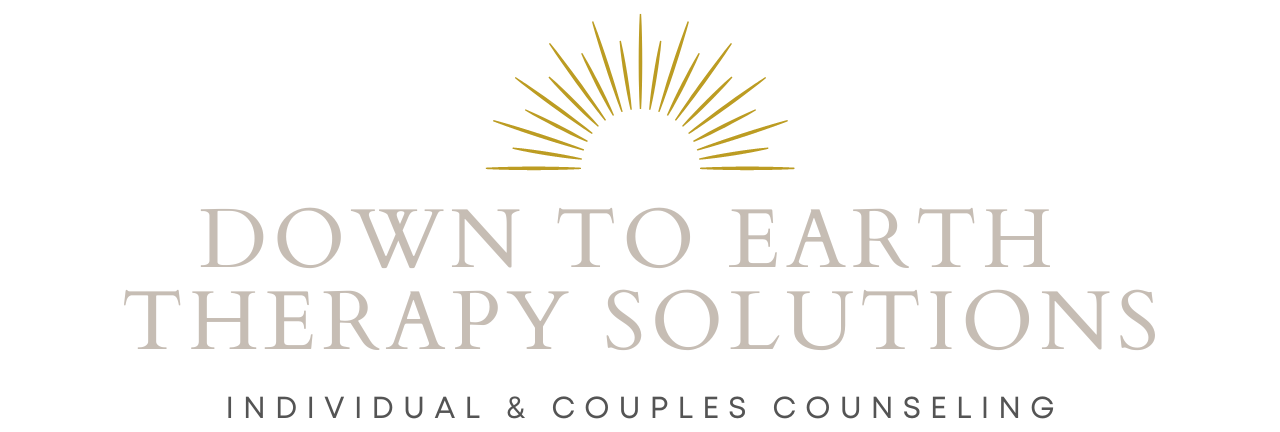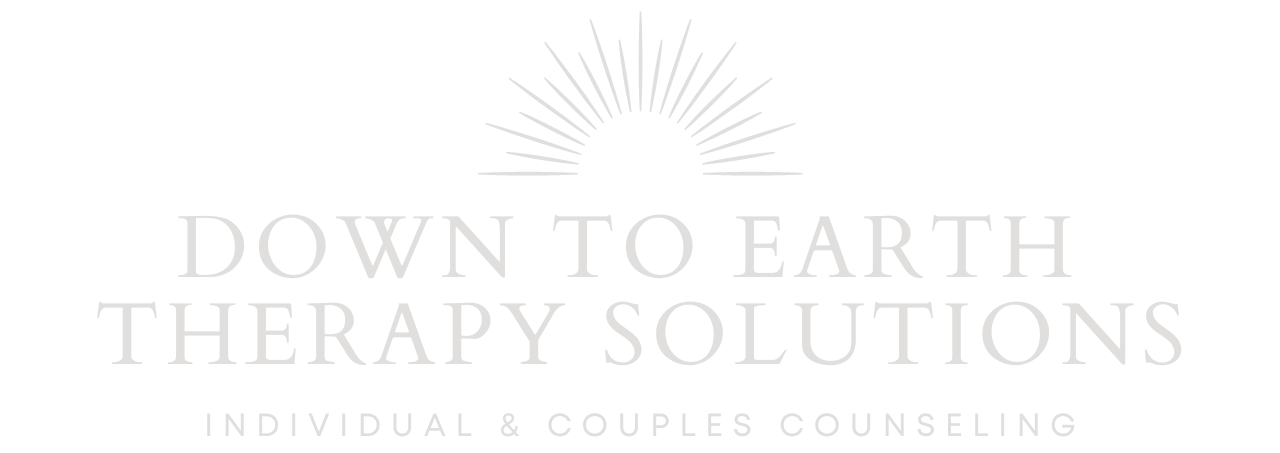Ever wonder how we can be so connected to people through the internet and soci8al media but
hardly ever actually talk to a person? When your phone rings and you see your best friend calling
do you avoid picking up the call and wonder why they didn’t just send a text? The internet and
social media has made a significant impact on our communication, interactions, and our mental
health.
Let’s be honest. If you think about your social media feed and the algorithm that it has, what is it
full of? Taking a perfect selfie, workout routines, vacations, the ideal life and situation. Things
that you want but looking at them make you feel like you’re missing out on something that
everyone else has the secret to achieve but you? The truth is, behind every filtered image and
ideal picture there’s a whole lot of pressure that is being created to live a picture-perfect life that
doesn’t show any of the struggles. There’s a lot of expectations that sneak up on us creating
anxiety and longing for things that aren’t even real.
The Double-Edged Sword of Connection
Seems strange. The internet and social media was created to connect us with things and people
we were never able to connect with before. That something was designed to free us disconnects
us from the things that we are close to. We become entangled into the lives of others comparing
our situations to a picture or image without context or verification. This becomes ground zero for
anxiety, depression, stress, and impossible ideas of perfection leading to feeling like we are not
enough. The fantasy of others showing just a snapshot of a life that might not be the reality.
It’s easy to get caught in the cycle of comparison, but here’s the kicker: Social media doesn’t
show the full picture. Everyone’s only posting their highlight reel, and yet, we take it all at face
value. When we don’t measure up, we feel lonely or disconnected, even though we’re
surrounded by thousands of virtual connections. That, my friend, is the paradox of social media.
How Technology Can Lead to Feeling More Alone
Here’s where it gets tricky: Technology has given us this false sense of constant connection, but
it’s not the same as genuine, in person human interaction. It’s kind of like being at a huge party
where everyone’s talking, but no one’s actually talking to you. You’re not really seen. You’re
just one of the crowd. Someone can casually say hi but they aren’t really looking at you, they are
looking through you.
When we spend to much time “connecting” in the virtual world we miss out on the real
connections and experiences that actually feel good and allow us to feel accepted. Those real,
unfiltered, unedited moments allow us to be genuine and take off the mask that social media
gives us. The have someone genuinely see and hear us and not just superficially like a photo or a
post. The more time online, the less accepted we truly are and the more loneliness creeps in.
Your phone cannot hug you and comfort you but a real person can.
Managing the Overload: How to Keep Your Mind in Check
Someone might know that they are less connected spending hours scrolling on social media, but
now what? What can we do about it? Can we stop the endless death scroll and prevent social
media from messing with our heads? Yes, but it requires some self-awareness, motivation and
changed behaviors. Here are a few ways to manage the overwhelm:
1. Set Boundaries for Social Media Use
Sometimes, you need to give yourself permission to take a break and hold that boundary.
Setting boundaries for how much time you spend on social media can do wonders but
that also means you must stick to this and find other things to do to spend your time. You
don’t need to be glued to your phone 24/7, and it’s okay to turn off notifications. Try
setting time limits, or, better yet, schedule “phone-free” hours in your day. You’ll be
surprised how much clearer your mind feels when you’re not constantly checking for
updates. Don’t forget to identify some things to do instead. It’s one thing to say you
won’t do something anymore but it’s another to replace that behavior and that time with
something you find more fulfilling.
2. Follow Accounts That Uplift You
This one is huge. If your feed is full of things that make you feel like crap, it’s time to
switch things up. Follow accounts that promote self-love, positivity, mental health
awareness, or hobbies that make you happy. Follow people and ideas that you know
rather than a bunch of people that represent an idea. Curate your feed so it brings you joy,
not stress. Follow people who inspire you in a good way, not make you feel like you’re
behind. It’s easy to say things are building you up when the ideas are positive watching
these accounts lead to feeling more upset and alone.
3. Limit Comparisons
If you’re feeling stressed, sad, hurt, jealous or down about someone’s posts, remember:
social media is only part of the story not the whole story. And it’s the part that the person
running the account wants you to see, not the parts that they aren’t proud of. What you’re
seeing is often heavily filtered, edited, and only shows the good stuff. You’re not seeing
the mess or the struggles behind the scenes. Remind yourself that your worth isn’t
defined by likes, comments, or followers. Everyone’s journey is unique.
4. Focus on Real-Life Connections
There’s no substitute for face-to-face connection. Let me saw that again: THERE IS NO
SUBSTITUTE FOR FACE-TO-FACE CONNECTIONS. We all felt this during
shutdown for Covid-19. We were all longing to have face-to-face contact with others
during those times. Did we make do based on the circumstances, yes. But we don’t have
to now. Call a friend, meet up for coffee, or just spend time with family. Human
interaction is vital for our well-being, particularly our mental health. It’s the kind of
connection that really fills up our cup so to say. Even a quick chat with a loved one can
make you feel more grounded.
5. Unplug to Reconnect with Yourself
Take time to disconnect from all screens and reconnect with you. Find something that
fulfills you. Whether it’s reading a book, taking a walk outside, or just meditating for a
few minutes, it’s important to find moments of stillness in your day. When we spend too much time plugged in, it’s easy to forget who we are without the expectations of the digital world.
Final Thoughts: Social Media Doesn’t Define Us
At the end of the day, it’s all about balance. Social media is a tool—one that can be used to
connect, learn, and grow—but it can also become a trap that keeps us isolated and anxious. By
managing our time online and focusing on real, genuine connections, we can regain control of
our mental health. So next time you find yourself comparing or feeling left out, just remember:
you are enough, just as you are.
Take a step back, breathe, and let’s all try to live a little more offline—because that’s where the
real magic happens especially since when you are remembered you won’t be remembered for
how much time you spent online. You will be remembered for the true connections and impact
you make on others’ lives.




